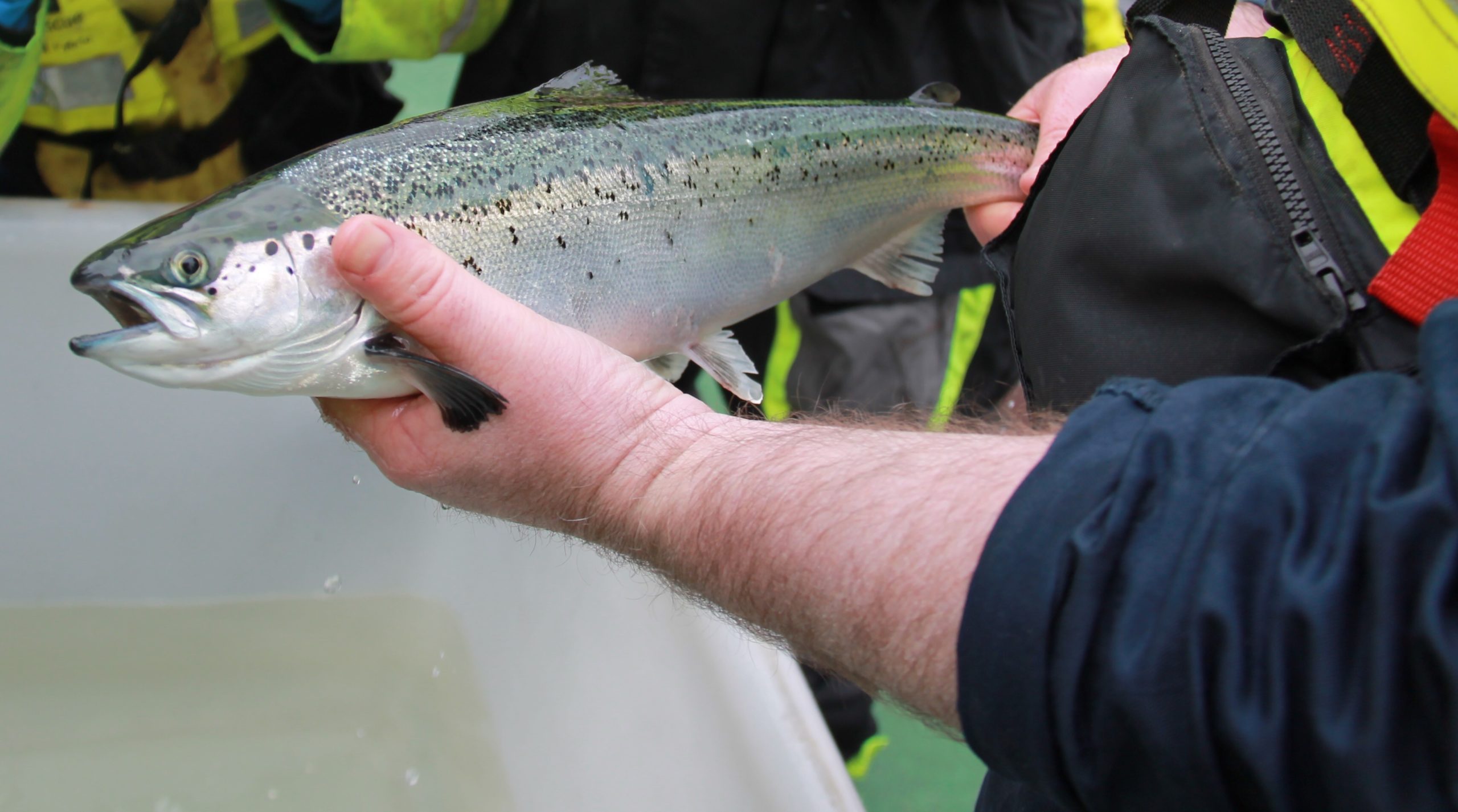Researchers address global gill health challenge

RESEARCH that will address global gill health issues in farmed salmon is being undertaken on sites in Scotland and Tasmania, Australia.
The project aims to improve the monitoring and treatment of gill disease, which is one of the aquaculture sector’s biggest challenges.
A Scottish consortium – which comprises Scottish Sea Farms, the University of Aberdeen, BioMar, and the Scottish Aquaculture Innovation Centre (SAIC) – is exploring the geographical, temporal, and nutritional factors that affect salmon’s gill health.
Warming seas and the progressive de-oxygenation of water, caused by climate change, are reinforcing the need for a greater understanding of the disease, along with its prevention and treatment, said SAIC in a press release.
Gill health is understood to be influenced by many factors, from site specific variables and fish diet, to water temperature and oxygenation levels.
The project will seek the optimum balance for each measure to promote good health and improve natural resistance to gill conditions among salmon.
It will also create a set of biomarkers to monitor gill disease; develop new diagnostic tools that could minimise individual interpretation of results; and explore the production of feeds to alleviate poor gill health.
Dr Ralph Bickerdike, head of fish health at Scottish Sea Farms, said: ‘The gills play a crucial role in the overall health of a fish, so the more we can learn about how best to protect these vital organs the bigger the advances we can make to further improve welfare and increase survival rates.
‘What’s exciting about this latest collaborative research project is that it takes a holistic view, exploring not just the key factors affecting the gills but also how they might impact on one another, helping us to identify the best growing conditions for farmed fish health.’
Professor Samuel Martin, from the University of Aberdeen’s School of Biological Sciences, added: ‘The gill is a key organ with roles in oxygen exchange but also has extremely important function for fish health.
‘In recent years there is a recognition that new research in gills needs carried out, particularly in marine stage salmon.
‘This project, working directly with industry, will help define how gill health varies between farm sites and at different times of the year. The outcomes will lead to better understanding and early warning for gill health issues.’
The project is about finding a way of using the vast amounts of data collected to create the right balance of conditions for salmon, enhancing their resilience, said SAIC aquaculture innovation manager Caroline Griffin.
‘On top of that, the development of biomarkers and new feeds could act as a significant boost to fish health and wellbeing, and our overall understanding of this complex disease.’
SAIC was one of the sponsors, along with the Norwegian Seafood Research Fund, of the Gill Health Initiative conference that was to take place this week in Stirling.
The event, which brings together industry and researchers, was one of many in the aquaculture calendar postponed as a result of the coronavirus pandemic.

